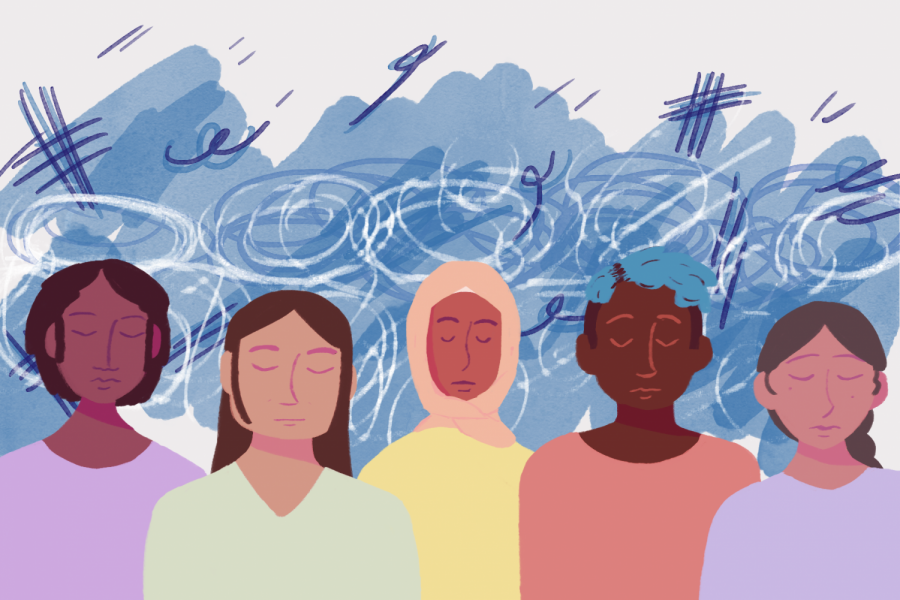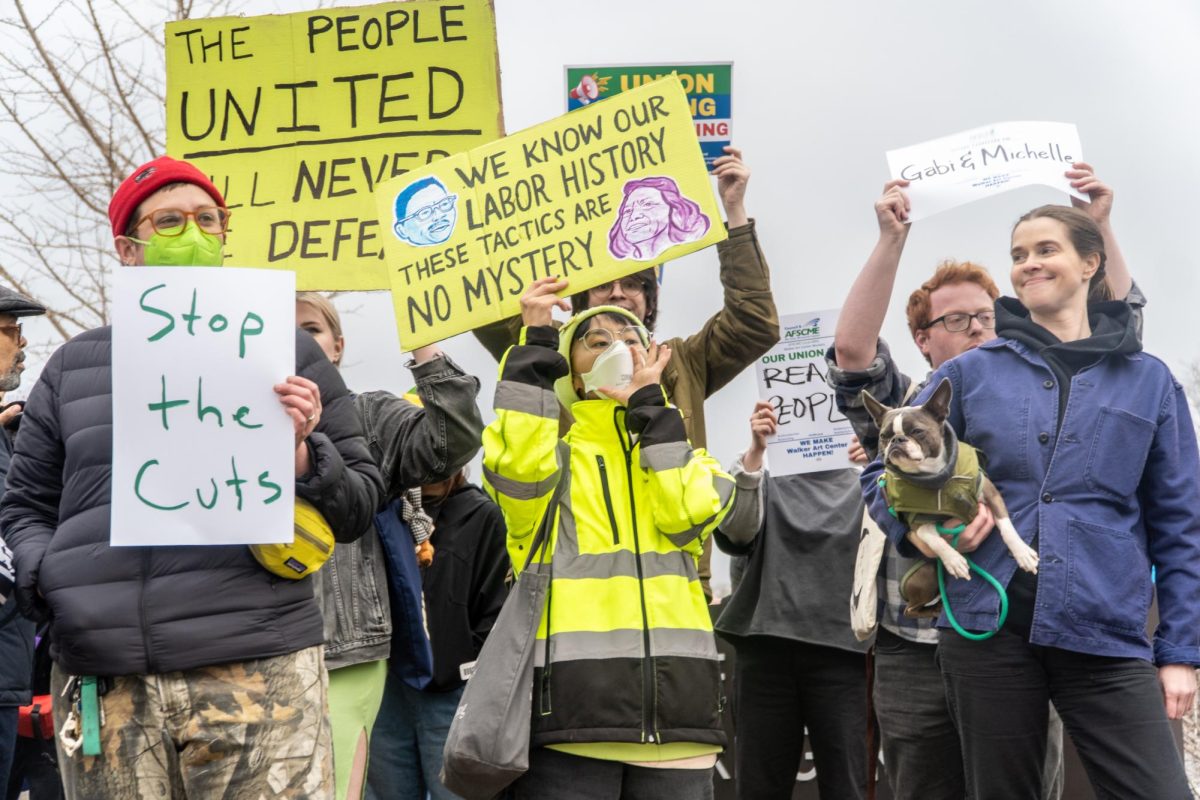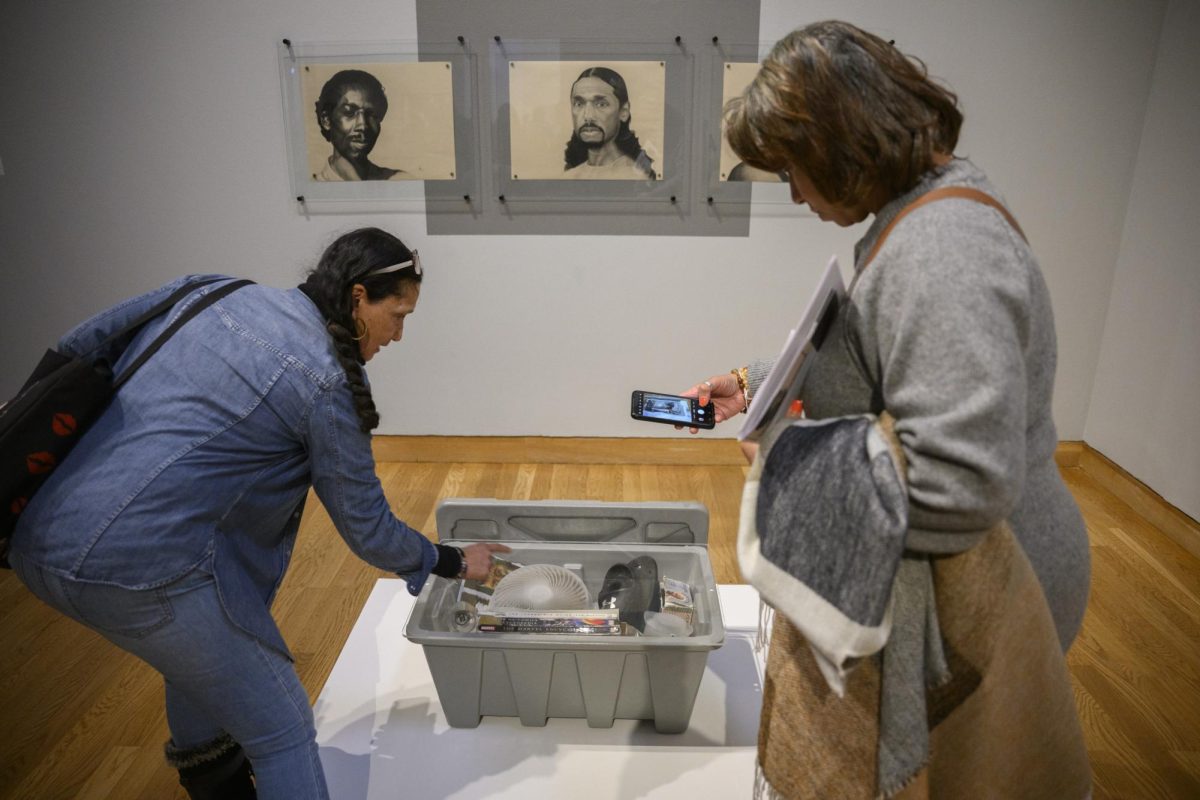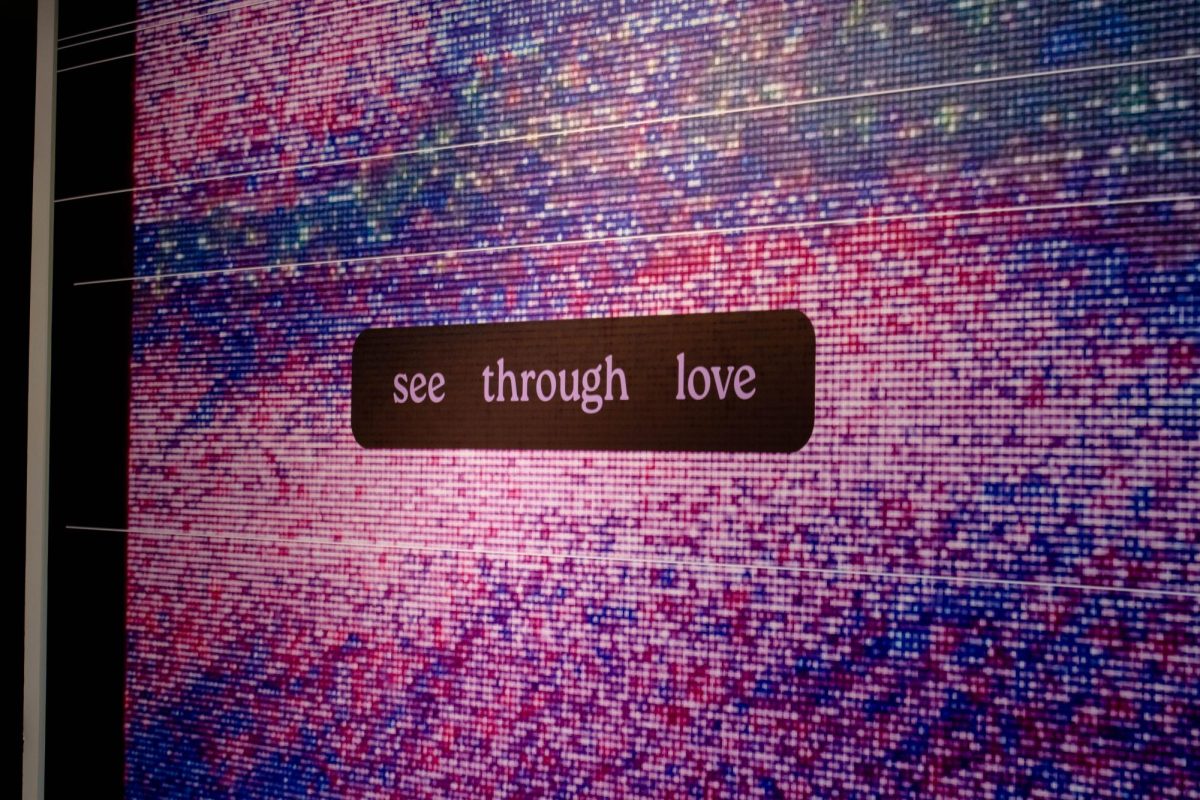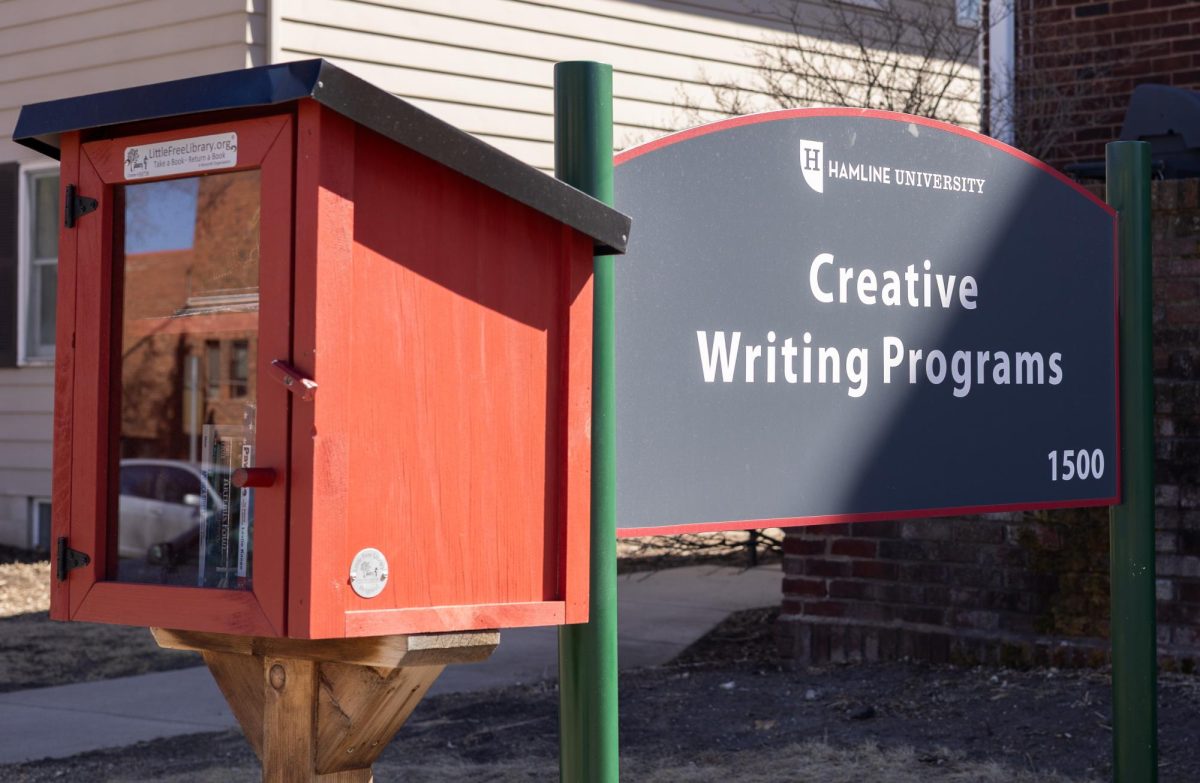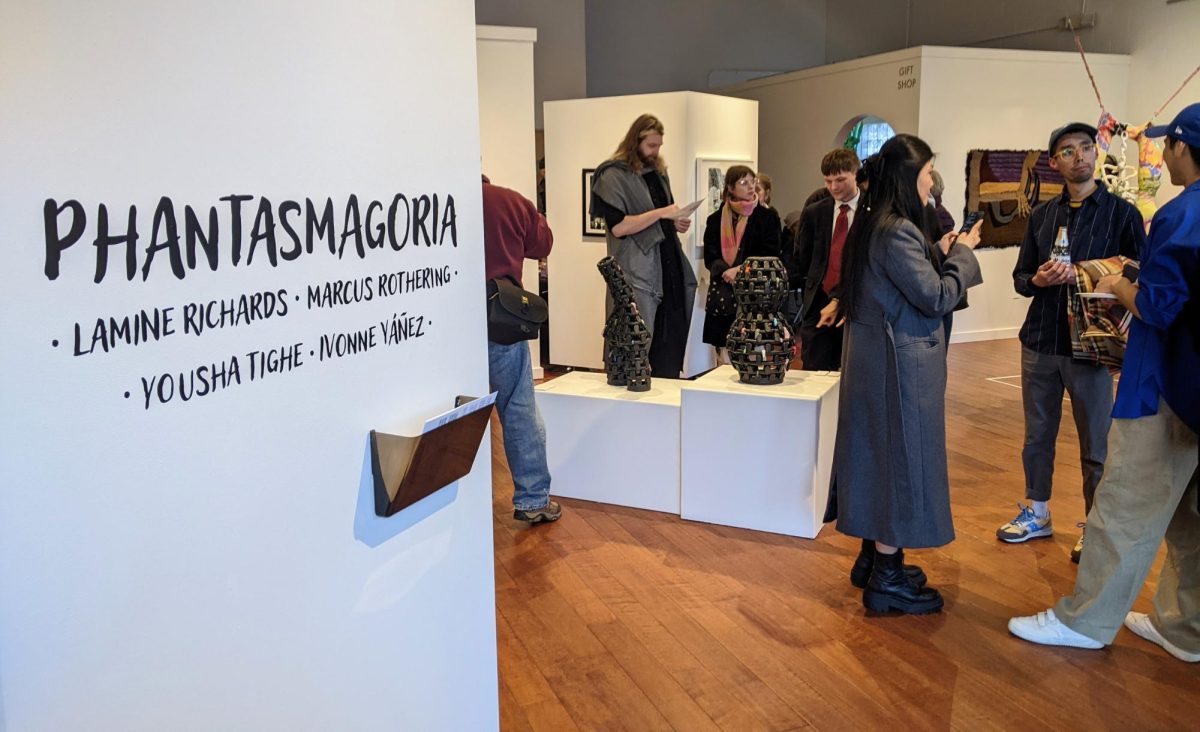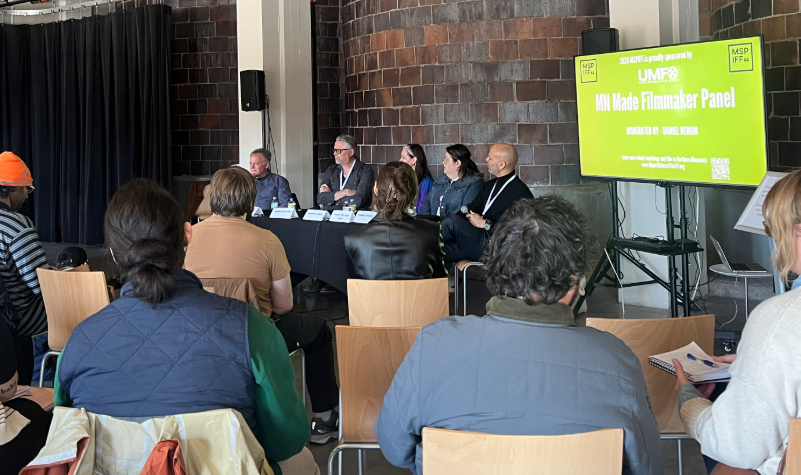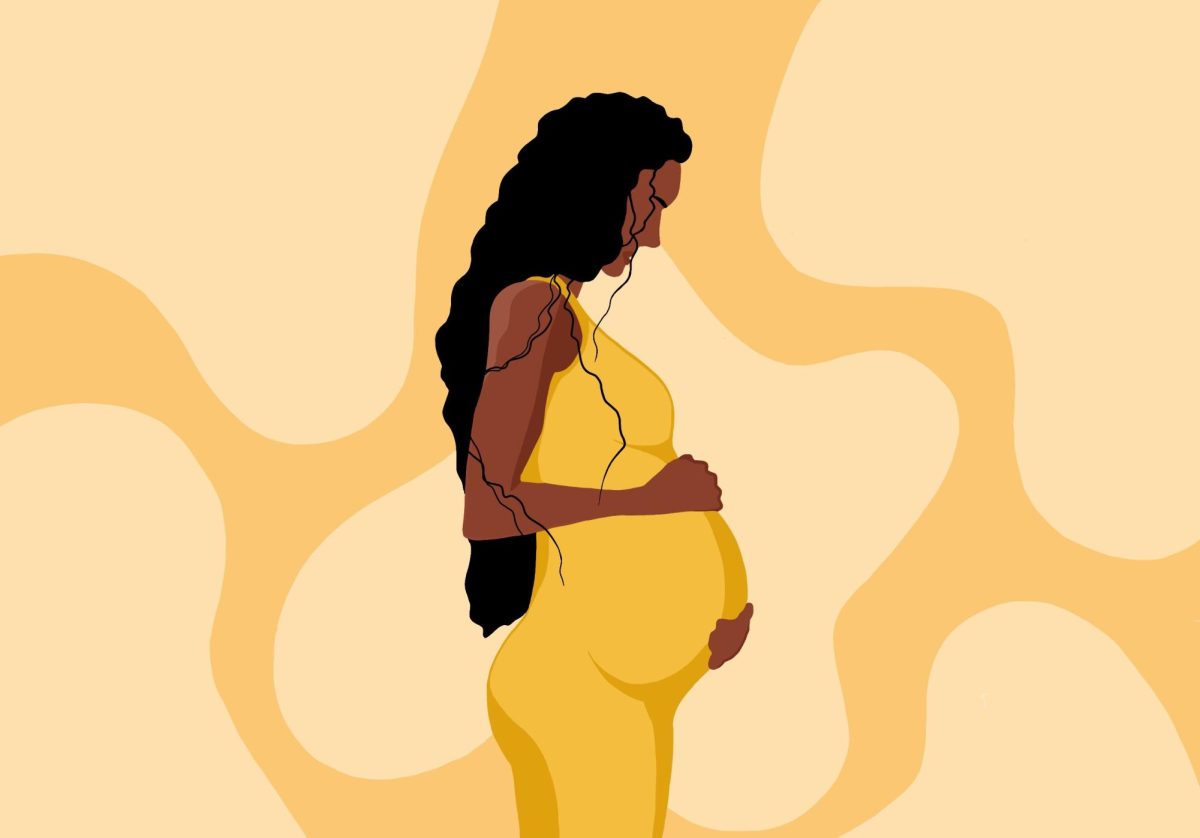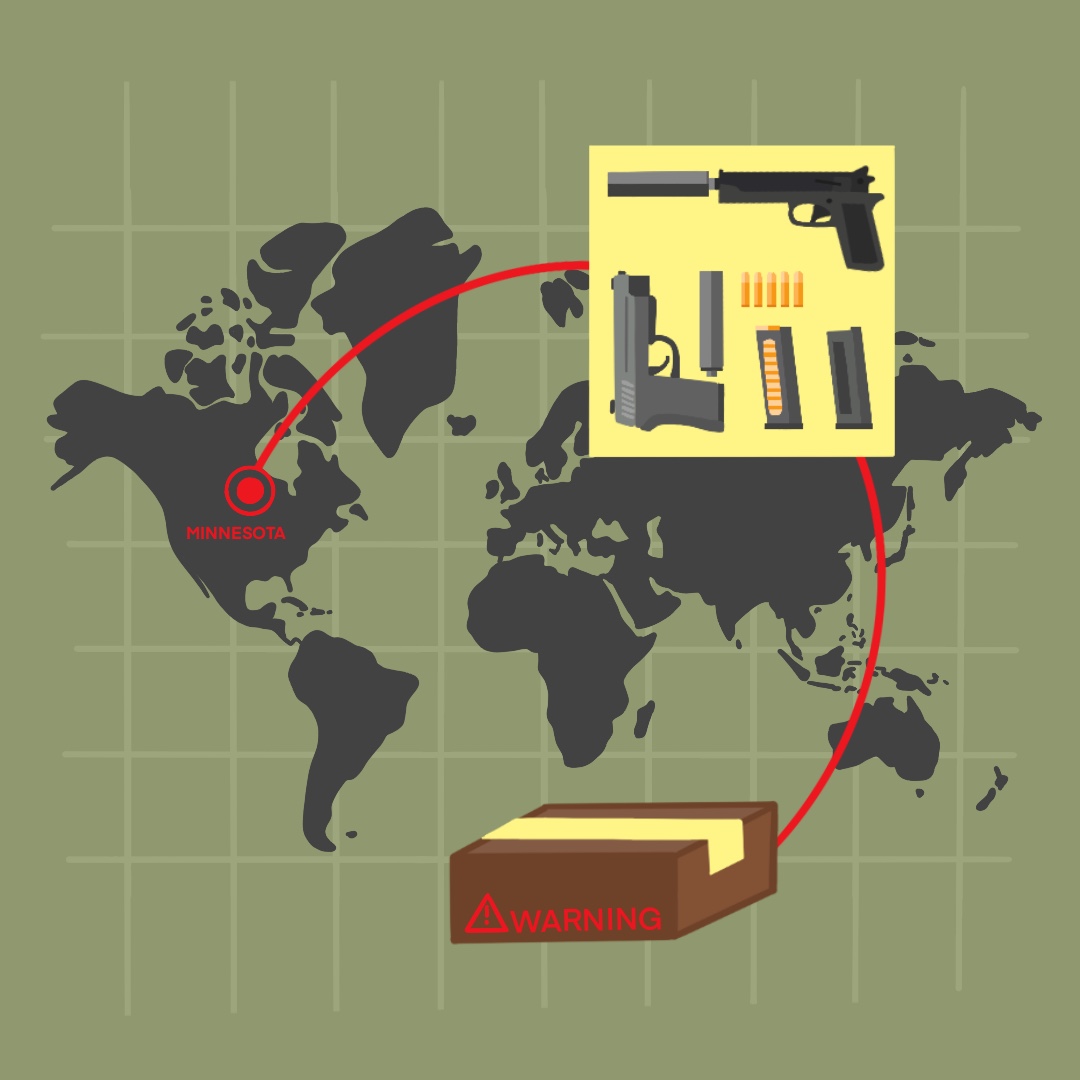Last week, Students for Justice in Palestine held Palestine Awareness Week (PAW), a week of events dedicated to the celebration of Palestinian culture through music, poetry, food, film and embroidery.
SJP’s mission at the University of Minnesota, according to their vice president *Numan Shehadeh, is to advocate for Palestine on campus and use the platform to further their own justice efforts. But the mission of PAW was not to focus directly on Palestinian oppression, persecution and how to seek justice. Rather, it was to celebrate and further learn about the intricacies of Palestinian culture through art.
The first day of PAW was dedicated to discussing the ways in which Palestinian poetry makes its way into modern-day music and culture. In the introduction to the Zoom event, Shehadeh sarcastically asked, “Why are we talking about poetry? Shouldn’t we be talking about the destruction of the Israeli state?”
Joseph Farag, a professor of modern Arab studies who was in attendance, responded to Shehadeh’s sarcastic inquiry.
“My response is, no, absolutely not just should we, but we must be talking about poetry and hip hop and art and cinema and novels. The examination of all of these things has suffered immensely because of the mindset that we have higher priorities right now that we need to be focusing on,” said Farag.
Farag pursued his doctorate in the U.K., and has seen how advocacy groups in both the U.K. and the U.S. differ in their ways of promoting Palestinian awareness.
“In my very limited experience of campus advocacy in the U.S., it’s more about informing the public about the ways in which Palestinians are victimized by Israel. But I’m worried that … in this constant emphasis on Palestinians as victims of the State of Israel, there is perhaps an unintentional dehumanization of the Palestinians if they’re constantly being portrayed passively as victims,” Farag said.
So, SJP’s intentions for PAW were to divert focus away from Palestinian oppression or victimization and towards Palestinian cultural appreciation.
The first event of the week honed in on poems and music, beginning with Mahmoud Darwish’s poem “To My Mother,” written by Darwish while in Israeli prison. The poem touches on Darwish’s yearning for his homeland and all of the comforts of his childhood before Israeli occupation. After examining the poem, SJP members listened to Lebanese singer Marcel Khalife’s song, “I Long for My Mother’s Bread,” and Palestinian hip-hop group DAM’s song, “Dedication” that also takes inspiration from Darwish’s words.
From film to food, attendees of the weeklong event watched Palestinian films like “Today They Took My Son” and “Nation Estate,” learned how to embroider a tatreez and trace their heritage through this style of embroidery, as well as make classic Palestinian dishes, like za’atar manaqish, a savory Palestinian pie.
“Food is really important to Palestinians because everything that we do is politicized, even our food,” said JP board member Nadia Aruri who led Thursday’s Palestinian cooking tutorial. Throughout the tutorial, Aruri answered questions on Palestine submitted by students, like, “How many congress people recognize Israeli aparteid?” and, “How can Americans support Palestinians?”
The events were simultaneously welcoming, encouraging attendees to share their thoughts after watching films and listening to music. While also poignant, the art provoked important conversations about how Israeli occupation and apartheid impacts Palestinians, and how Palestinians create art through that struggle.
“Palestinians creating art is commentary on the fact that we are here and resisting occupation, apartheid and genocide in unexpected and creative ways. And that’s important to think about,” Shehadeh said. “It’s not just kids throwing rocks or political organizations, but it’s also random people creating art that reminds them of their homeland, and I think that’s something that is really important.”
*Shehadeh requested their real name not be used due to safety concerns, as Palestinians are heavily surveilled before re-entering Palestine, including mentions in media reports.


